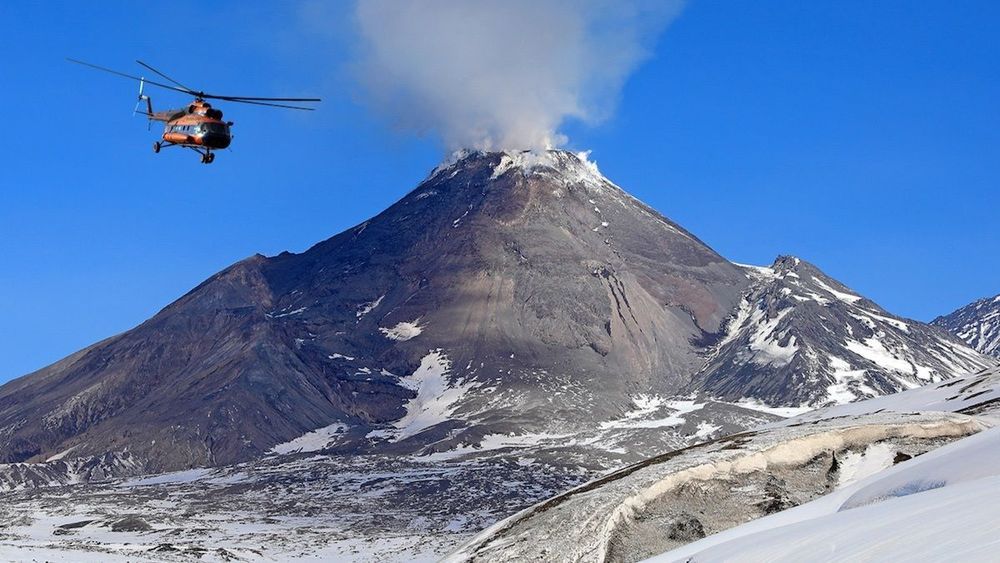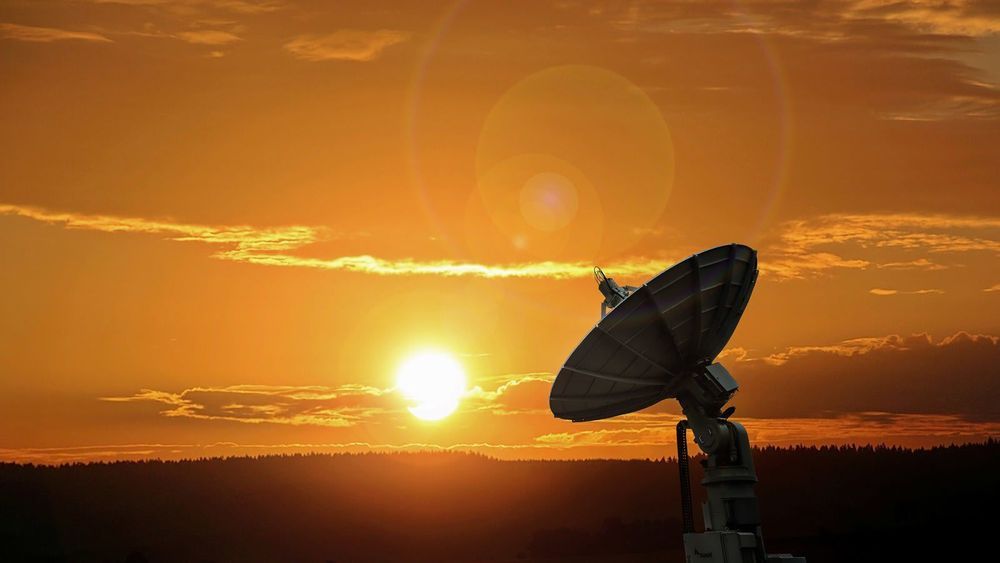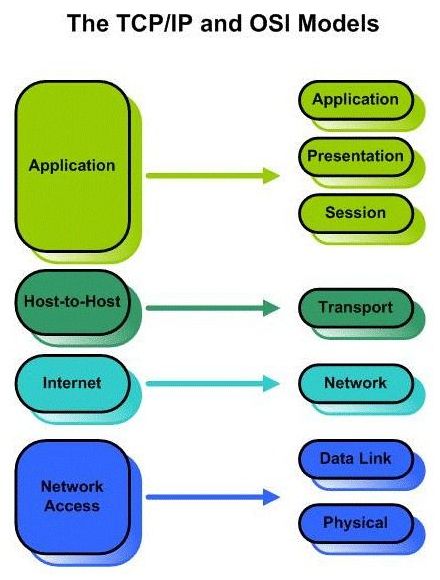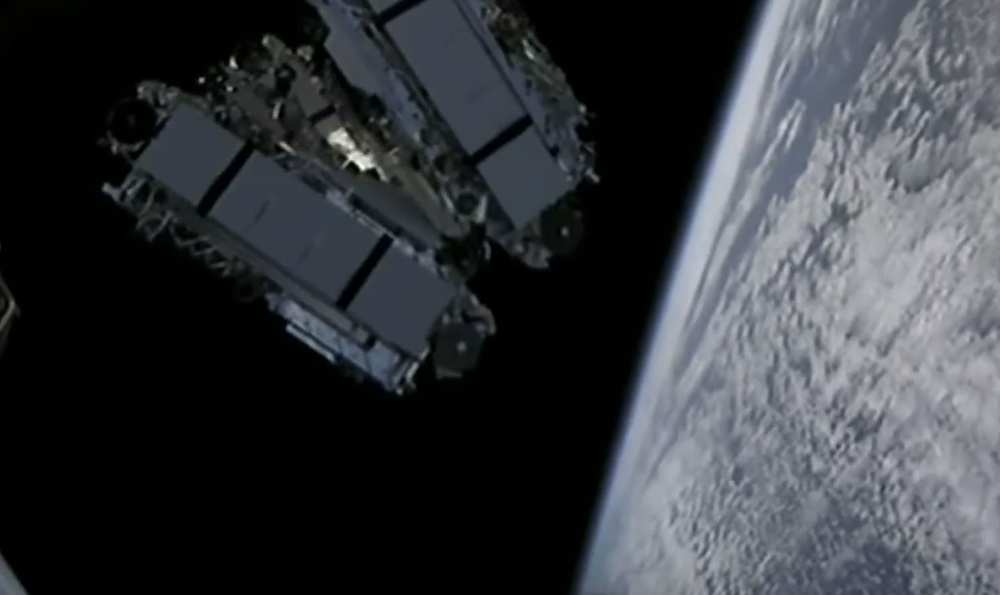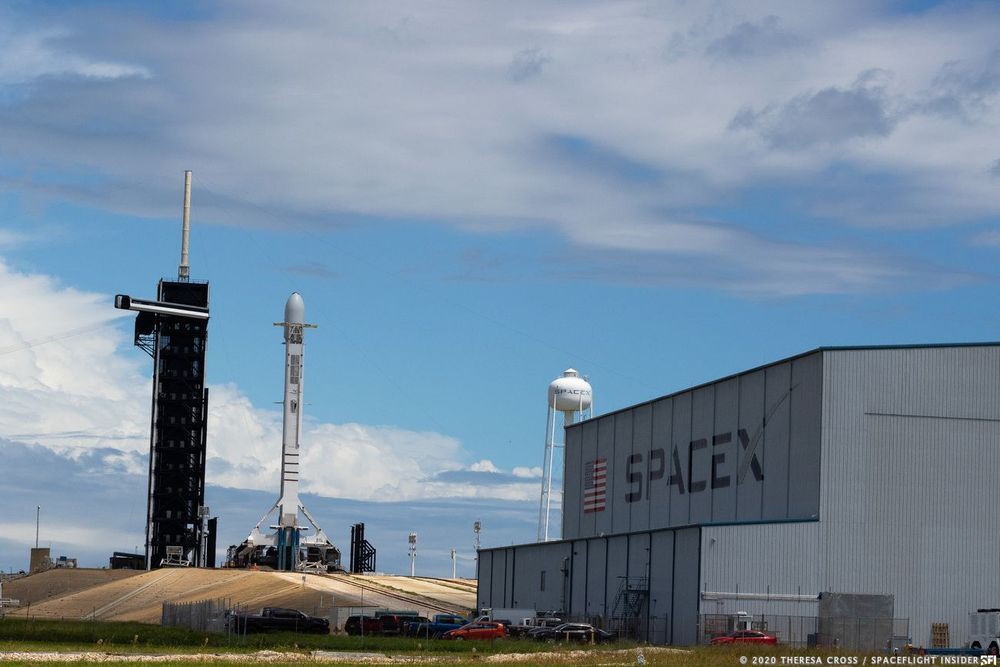My latest publication in Satellite Markets and Research, with significant contribution of Ms. Zoe Shahid.
by Muhammad Furqan and Zoe Shahid
Brisbane, Australia, September 4, 2020 —Exponentially increasing numbers of announced ambitious NGSO (Non-Geo Stationary Orbit) or LEO-HTS (Lower Earth Orbit – High Throughput Satellites) Mega Constellations have been creating waves in the world of technology. Their success will not be a mere disruption to the existing system, it will be a whole new system altogether.
With regular revisions in numbers of satellites from existing players and entrance of new players, these mega constellations will redefine the dynamics of Space Race 2.0, Industry 4.0, 4th, and 5th Dimension Warfare. With the rollout of a complete extra-terrestrial network there will be multiple challenges faced by the new ecosystem. With multiple revisions of filings with FCC (Federal Communication Commission) OneWeb (Qualcomm, Virgin, Airbus) leads the race with 48,000 satellites followed StarLink of SpaceX with 42,000 and Project Kuiper of Amazon with 3300 (1st numbers, may revise with the trend of the competitors) odd and other multiple constellations of smaller numbers. Recently, Huawei also announced its arrival with China Unicom with numbers of satellites not yet publicly announced. Security Challenges.
